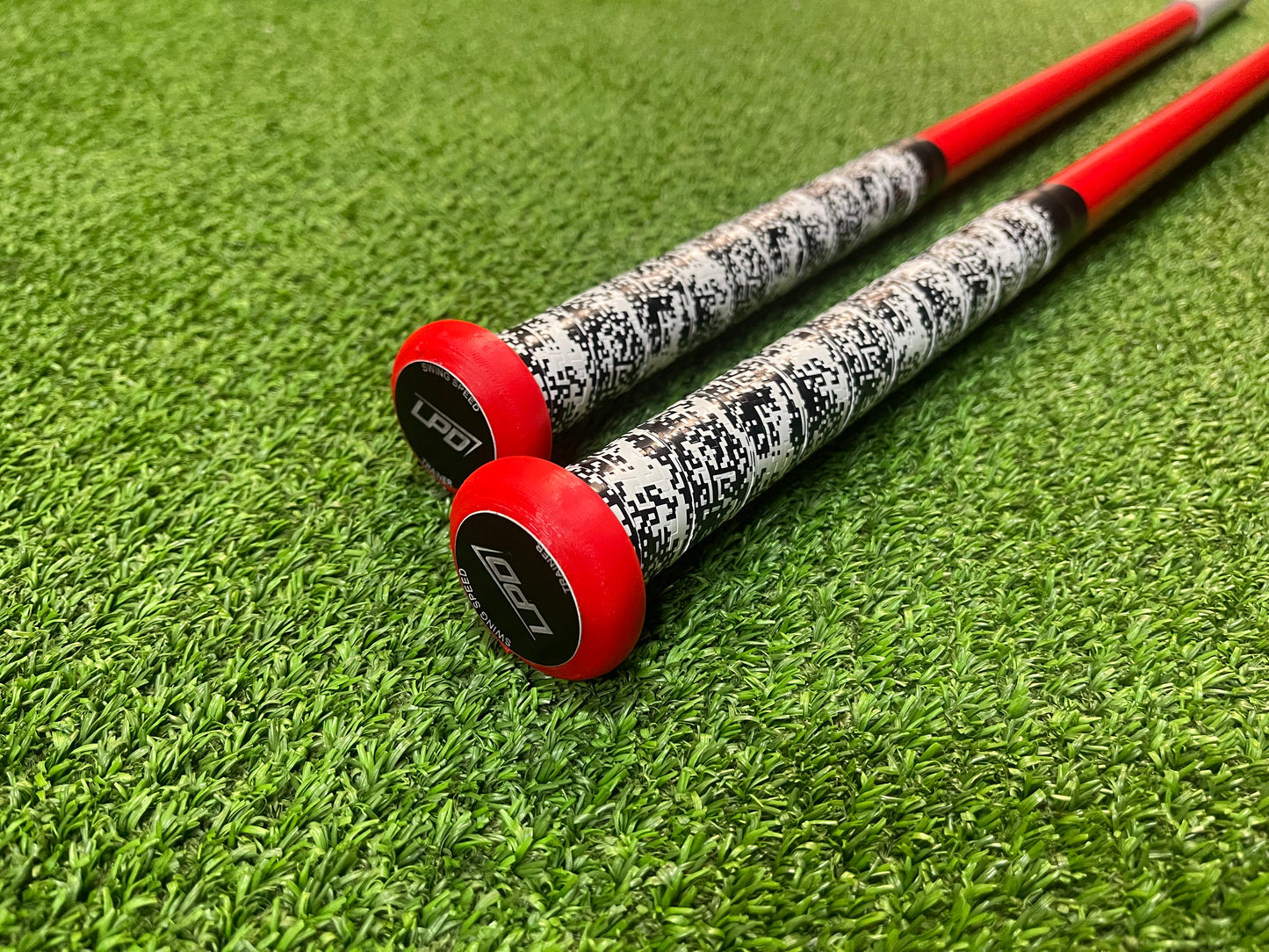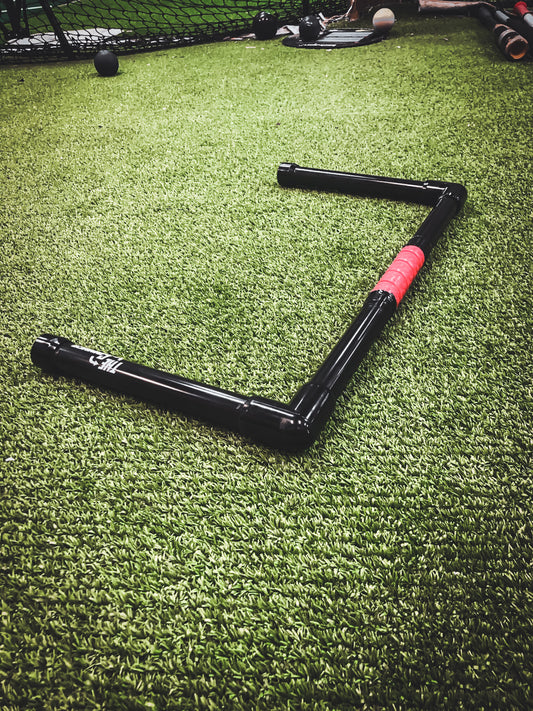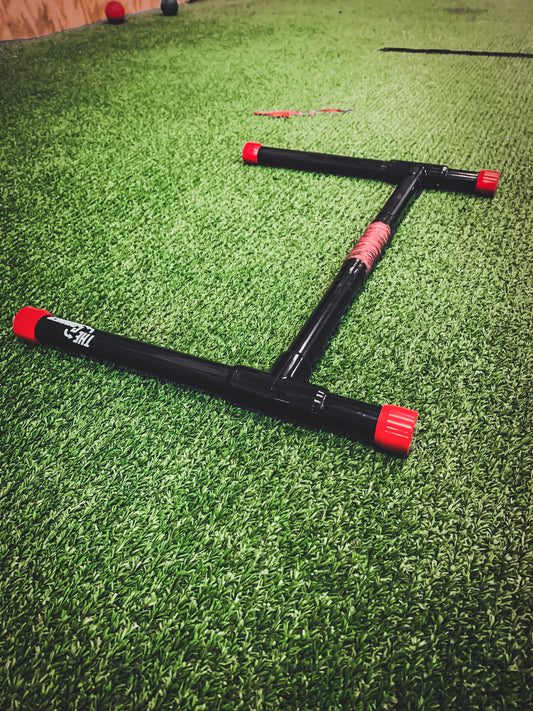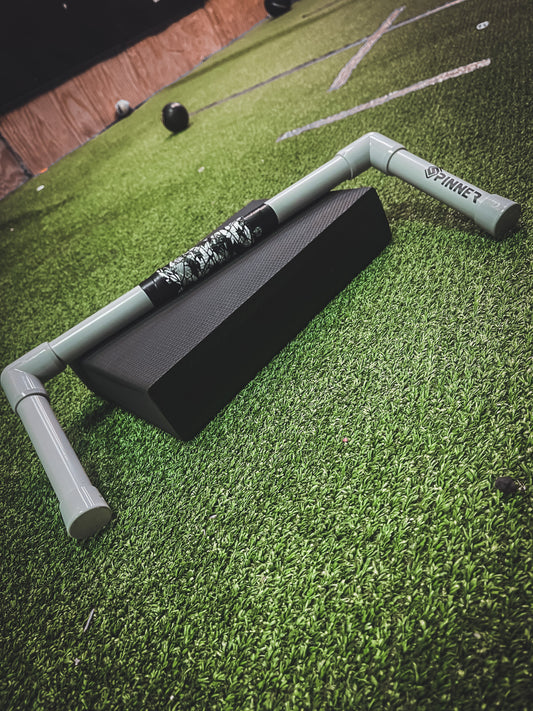Developing new habits can be challenging. It's easy to get caught up in the excitement of setting new goals and envisioning a better version of yourself.
But actually following through and sticking to those habits on a daily basis is where the real work comes in.
To make your habits stick, it's important to start small and focus on consistency.
When determining the size or complexity of a new habit, it's important to ask yourself, "What can I stick to even on my worst day?" This question will help you determine a habit that is both achievable and sustainable, regardless of how you're feeling.
It's easy to commit to something when you're feeling motivated and energized, but what about when you're feeling exhausted, stressed, or overwhelmed? By starting with something small and achievable, you can build momentum and make progress towards your goal.
The key to developing a successful habit is to master the art of showing up consistently. Consistency is the foundation of any habit, and it's what will help you make progress even on the days when you don't feel like it. The more you show up and do the work, the easier it becomes, and the more likely you are to stick to your habit in the long term.
So, how do you develop the habit of consistency? The first step is to start with something small and manageable. If you're trying to establish a new throwing routine, instead of committing to an intense workload every day, start with a 10-minute light catch. Even on your worst day, you can likely manage a short catch play, and it will help you establish the habit of throwing. Once you've built that habit, you can gradually increase the duration or intensity of your throwing workouts.
Starting small and focusing on consistency will help you build momentum and establish a pattern of success. This pattern of success is important because it helps to build confidence and motivation. When you see yourself making progress, even if it's just a little bit each day, it becomes easier to stick to your habit in the long term.
Another key to developing consistency is to make your habit a non-negotiable part of your daily routine. This means scheduling your habit at the same time every day and making it a priority. If you treat your habit as something that can be pushed aside or skipped when you're feeling busy or overwhelmed, it will be much harder to establish consistency.
Another important aspect of consistency is tracking your progress. When you track your progress, you can see how far you've come and celebrate your successes. This can be incredibly motivating and can help you stay on track, even when you're feeling discouraged or overwhelmed.
Tracking your progress not only helps you stay motivated, but it also helps you identify patterns and adjust your habits as needed. For example, if you notice that you're consistently skipping your habit on certain days of the week or at certain times, you can adjust your routine to make it more manageable.
It's important to remember that developing new habits takes time and effort. It's easy to get discouraged when you don't see results right away, but it's important to keep going. The key is to focus on consistency and progress, not perfection.
Another important factor in developing successful habits is to make them enjoyable. If your habit feels like a chore or something you dread doing, it will be much harder to stick to it in the long term. Instead, find ways to make your habit enjoyable and something you look forward to.
Making your habit enjoyable not only makes it easier to stick to, but it also helps you establish a positive association with your habit. When you enjoy something, you're more likely to want to do it again, and this can help you establish the habit more quickly.
Finally, it's important to remember that developing new habits is not a one-size-fits-all process. What works for one person may not work for another, and it's important to find the approach that works best for you. This means being flexible and willing to adjust your approach as needed.
In conclusion, developing new habits is an important part of personal growth and development. To make your habits stick, it's important to start small and focus on consistency. By asking yourself what you can stick to even on your worst day, you can establish a habit that is achievable and sustainable.
Mastering the art of showing up consistently is key to developing successful habits. This means starting with something small and manageable, making your habit a non-negotiable part of your daily routine, tracking your progress, and making your habit enjoyable.
Remember, developing new habits takes time and effort, and it's important to focus on consistency and progress, not perfection. By being flexible and willing to adjust your approach as needed, you can find the approach that works best for you and establish habits that will help you achieve your goals and live your best life.
If you want to throw 90 building small daily habits towards that goal is the place you have to start! Let's go to work and EARN IT!














